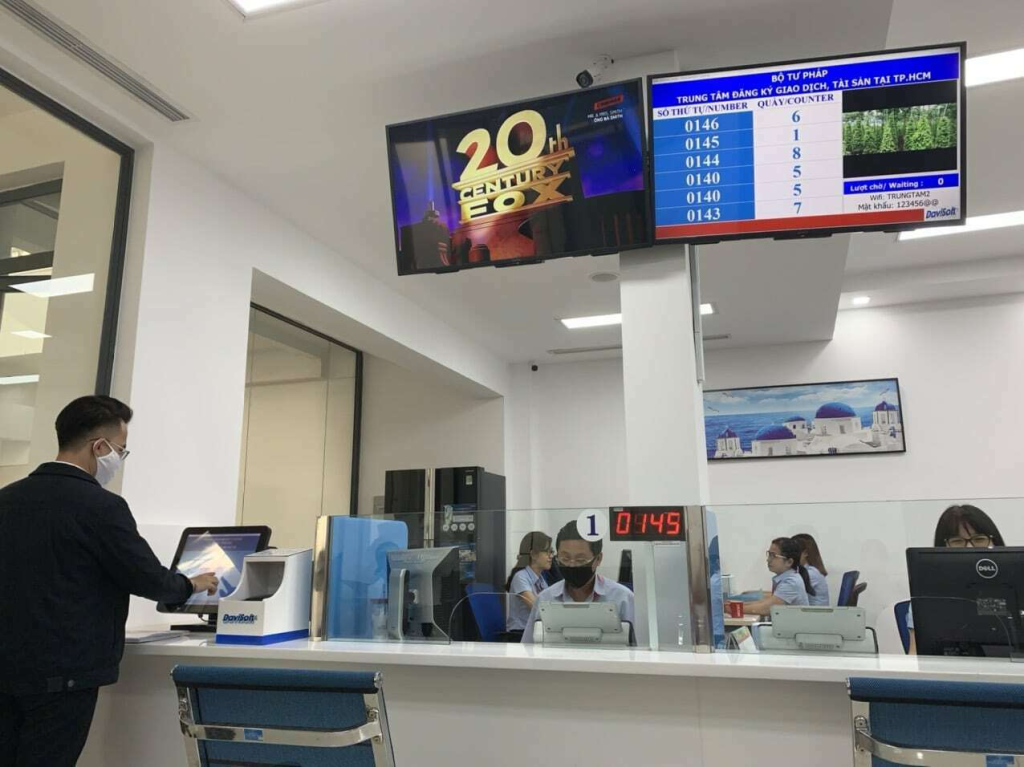
Mobilizing capital from foreign financial institutions is a common activity for Foreign Invested Enterprises (FIEs) in Vietnam. To protect their interests, offshore lenders almost always require the FIE to use its assets in Vietnam as collateral.
In this context, the registration of the secured transaction becomes a key requirement to establish effectiveness against third parties, protecting the lender’s payment priority. However, this registration procedure is not uniform; it depends entirely on the type of collateral and is particularly governed by specific legal restrictions applicable to FIEs.
The primary governing legal documents include:
- The Civil Code 2015
- The Land Law 2024 (effective from January 1, 2025)
- Decree 21/2021/ND-CP (Detailing the Civil Code on secured transactions)
- Decree 99/2022/ND-CP (On registration of security measures)
The analysis below will clarify the two parallel registration systems and one core legal obstacle.
1. The System for Movable Assets and Property Rights (Online)
This is the most common, straightforward, and transparent secured transaction registration system, managed by the National Registration Agency for Secured Transactions (NRAST) under the Ministry of Justice.
📜 Scope of Application
The most common types of collateral for an FIE (excluding real estate) are registered here, including:
- Movable Assets: Machinery, equipment, production lines, vehicles, inventory (whether fixed or circulating).
- Property Rights:
- Accounts receivable from customers.
- Rights under contracts (e.g., rights to insurance proceeds).
- Bank accounts (typically as a pledge over the right to claim/use funds in the account).
- Capital contribution/Shares that the FIE owns in another Vietnamese enterprise.
📝 Procedure and Significance
- Procedure: This is done entirely online via the NRAST system. The foreign lender can authorize a representative in Vietnam (often a law firm or the FIE itself) to handle the declaration and registration.
- Significance: This registration establishes the time of effectiveness against third parties. In the event the FIE becomes insolvent, the foreign lender who registered with NRAST first will have priority in payment from that asset.
For foreign loans, registration with NRAST is relatively convenient and faces no significant barriers.
2. The System for Immovable Property (In-Person) and the Core Obstacle
This is the most complex legal area and the biggest barrier when an FIE takes a foreign loan. This system is managed by the Land Registration Office (LRO) under the provincial Department of Natural Resources and Environment.
📜 Scope of Application
- Land Use Rights (LURs);
- Assets attached to land (factories, operation centers, construction works).
⛔ The Serious Legal Issue: Restriction on the Mortgagee
Vietnamese law (specifically the Land Law) imposes a fundamental restriction:
According to the Land Law 2024 (Articles 34, 43), an FIE (as well as a domestic company) is only permitted to mortgage LURs and assets attached to land to credit institutions licensed to operate in Vietnam.
This means:
- A foreign lender (Offshore Lender) is not a “credit institution licensed to operate in Vietnam” (such as Vietcombank, Vietinbank, etc.).
- Therefore, an FIE is not permitted to directly mortgage its LURs and factories to a foreign lender.
- Because the underlying mortgage transaction is prohibited, the Land Registration Office (LRO) will refuse to register the secured transaction for this.
This is the greatest risk for the foreign lender, as they cannot take security over the FIE’s most valuable assets (the factory and LURs).
3. Conclusion and Recommendations
- Security registration is clearly bifurcated: For movable assets and property rights (machinery, inventory, receivables, shares), an FIE can provide them as collateral to a foreign lender, and registration is done online at NRAST.
- The biggest barrier is real estate: An FIE cannot directly mortgage LURs and attached assets to a foreign lender. Any attempt to register this at the Land Registration Office will fail.
- Consequence: This restriction forces parties to use alternative financial structures (like share pledges or bank guarantees). When analyzing a foreign loan, lawyers must immediately identify the collateral type to determine the registration procedure and its legal feasibility.
Therefore, when advising an FIE or a foreign lender, it is crucial to clarify the collateral package from the outset to design a suitable transaction structure, avoiding the execution of a real estate mortgage agreement that cannot be registered and is unenforceable in Vietnam.
📞 CONTACT LEGAL CONSULTANT:
TLA Law is a leading law firm with a team of highly experienced lawyers specializing in criminal, civil, corporate, marriage and family law, and more. We are committed to providing comprehensive legal support and answering all your legal questions. If you have any further questions, please do not hesitate to contact us.
1. Lawyer Vu Thi Phuong Thanh, Ha Noi Bar Association
Email: vtpthanh@tlalaw.vn
2. Lawyer Tran My Le, Ha Noi Bar Association
Email: tmle@tlalaw.vn
NHM

